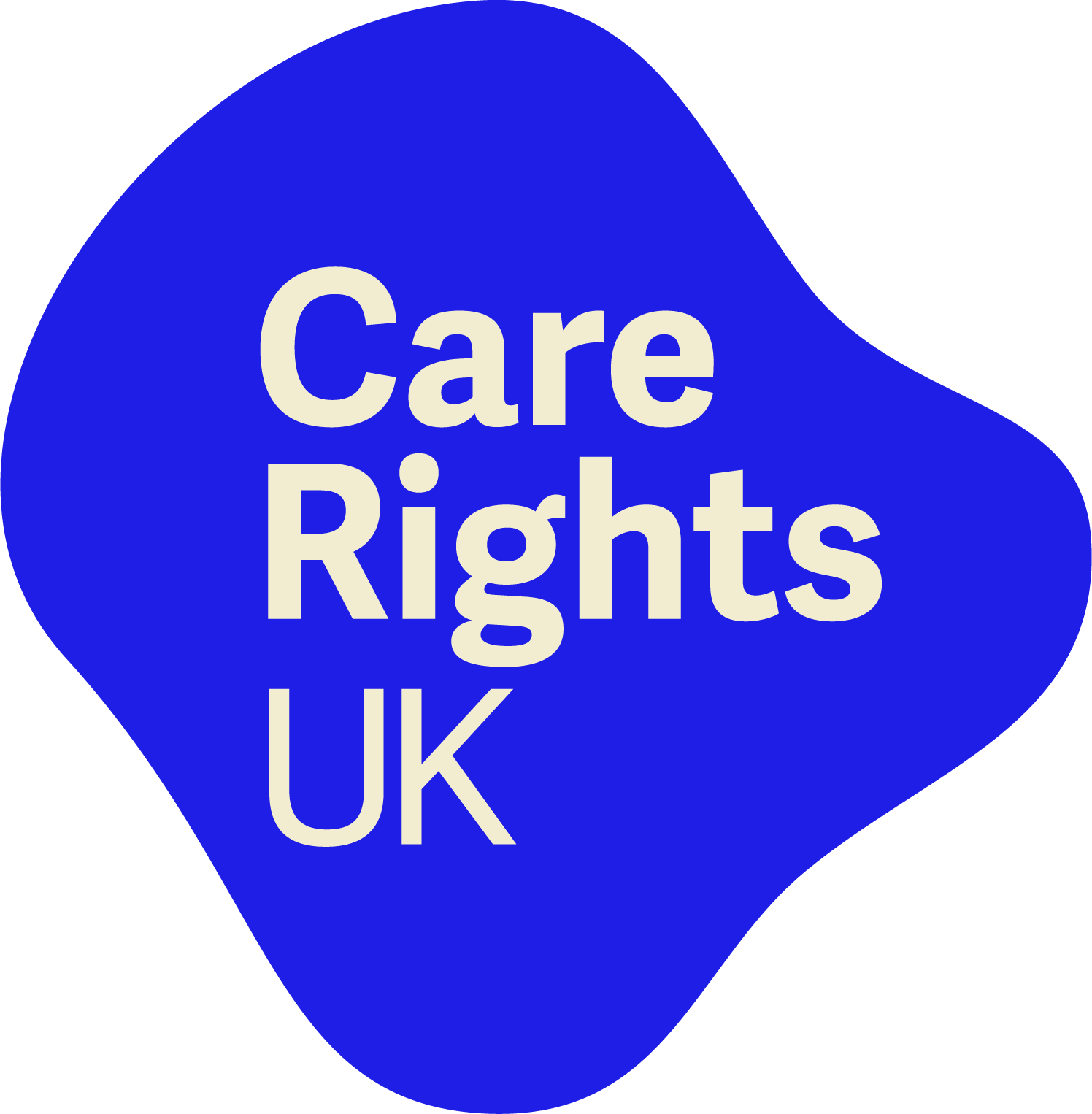Mum and daughter reunited by essential caregiver role
Rena had been diagnosed with vascular dementia, and her husband, Ilesh, had cancer. Their daughter, Anita, cared for them both at home but the caring role became overwhelming. They decided that a care home placement for Rena was the best option. They found what they considered to be beautiful home and Rena moved in just as the COVID-19 pandemic took hold. Sadly, Ilesh passed away shortly after. Anita believed that his death was hasten because Ilesh was not able to be with his wife on a daily basis due to visiting restrictions.
Rena suffered prolonged isolation over the following months. The home allowed Anita and her brother to visit Rena very occasionally for 30 minutes in the home’s tea room and garden. The care home provided no rationale as to why Rena could only see her daughter and son on these limited occasions.
When government guidance changed to allow Rena an essential caregiver, Anita called the Relatives & Residents Association helpline for advice about requesting this role. The R&RA adviser, talked through the guidance as it related to Rena and the requirement for the care home to consider her individual circumstances in its assessment and decision. They also discussed the benefits to Rena’s holistic wellbeing of Anita being given this status by the care home.
Anita used this information to request to become her mother’s essential caregiver. At first the care home tried to say that an essential caregiver was for physical help only but, bolstered by the advice provided by the R&RA Helpline, Anita pointed out that Rena’s mental health was equally important. The next day Anita was given essential caregiver status.
Anita said:
"Thank you so much for your help. You gave me the tools and courage to take the bull by the horns. You do a fantastic job."
